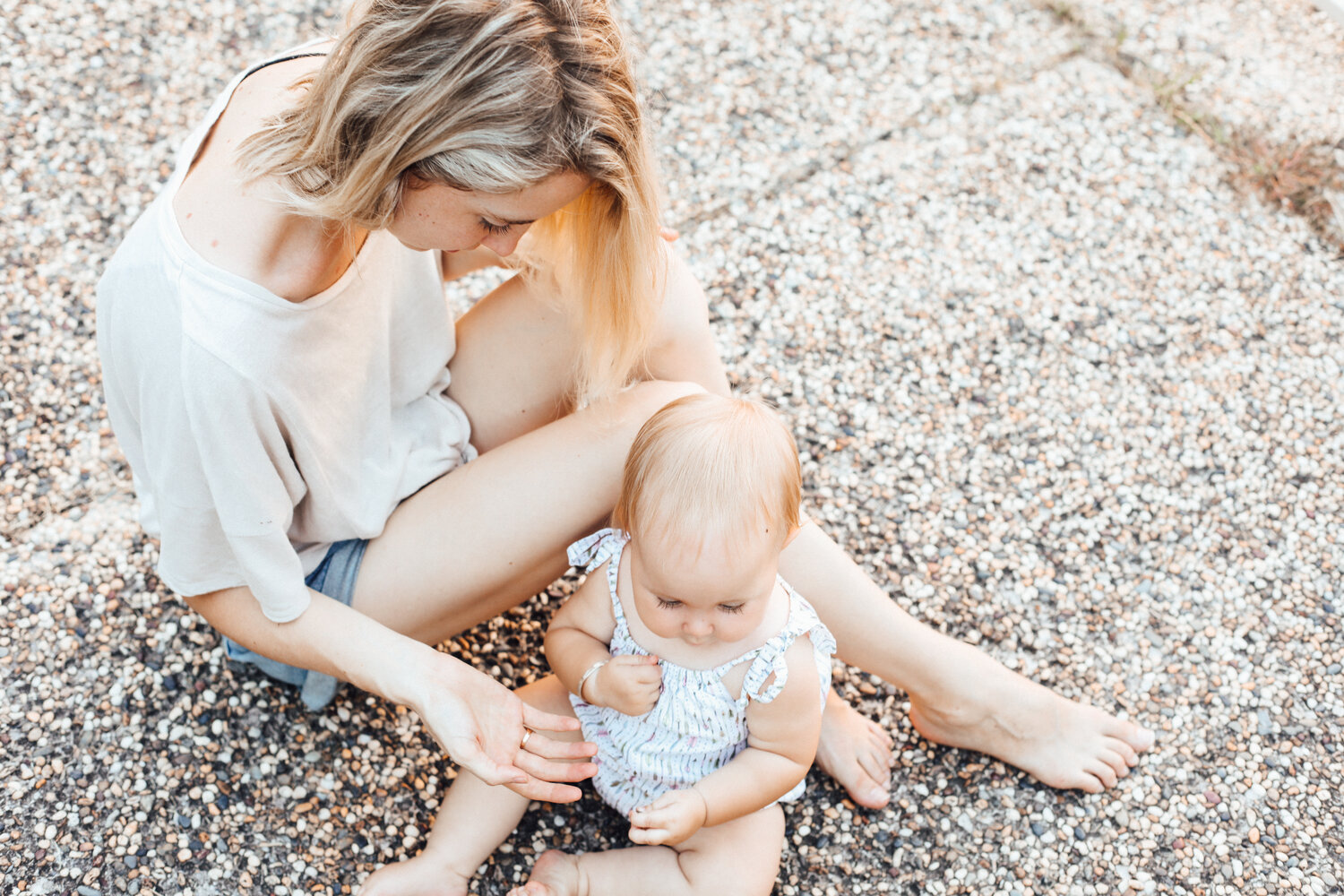
We have all felt the rhythmic thump of the heart and the exhalation of the breath that creates that peaceful feeling of wellbeing. When a connection happens between the body and mind, through exercise, meditation or yoga, but what if being well runs much deeper than the connection we feel to ourselves.
Humans crave social interaction, being connected to others plays a critical role in our mental and physical wellbeing, we are told being exposed to isolation can be as be serious for your health, as smoking 15 cigarettes a day
So what happens to a person’s sense of wellbeing during a pandemic? When isolation sets in and the feeling of being connected is diminished.
My first experience of being disconnected developed as a new parent. I was overjoyed to be a new mother with a beautiful bouncing baby boy, but couldn’t help the nagging feeling that comes with being on your own for solid chunks of time.
Before the birth of my son, I was one of those people that valued my “alone time”, and I relished in the prospect of maternity leave, hoping I would enjoy every blissful second. However I soon realised that being away from the rat race, and looking after a small being was not the ‘alone time’ I had imagined. I was spending massive chunks of time by myself.
On average primary caregivers spend over 36 hours alone per week with their child….almost a full working week , a huge concern when loneliness is a contributing factor to postnatal depression and anxiety and new parents aren’t the only group of people affected by isolation. In fact our cities are plagued with isolation, single parents, the elderly and even those effected by the transient lifestyle of moving to a new country or city are touched in someway.
Think about the pre-Covid commute to work, how many of us left our home and community where we live, to take go about the daily cross city adventure to the office? The need to be somewhere else, is not only time consuming and bad for the environment, but it also creates a gaping feeling of being disconnected to places and people in the area we actually live.
Do any of us REALLY know our neighbours, do we go out of our way to build friendships and relationships with the people we live next to?
In 2017 the New Urban Agenda was created. The NUA is a united nations blueprint for a more sustainable future, acknowledging the correlation between good urbanisation and development and improved wellbeing and quality of life. The vision set out in that document, is to urge countries to think about town planning and urbanisation from a sustainable perspective, with recommendation to create habitats driven by equality and supportive of cross generational human connection.

Development strategies and town planning can’t be changed overnight, but there are many actions that we can take every day to foster a sense of community in the places where we live.
Here are a few recommendations to help you to enhance your own wellbeing and acquaint yourself with the locals.
- Work from home where you can, not only will you reduce your CO2 emissions, but naturally you will become more acquainted with the people that live close by.
- Eat well and eat right. Buy your food locally, and from small stores, give back to your local shop keepers, and help boost the local economy.
- Invite the neighbours around for dinner and really get to know them.
Recognise those in vulnerable situations. Volunteer at an aged care facility as a visitor volunteer or community centre. - Exercise outside – Being in nature for as little as 5 mins can improve a person’s sense of wellbeing, group exercise has the added benefit of meeting more people.
- Strike up a conversation – Be awkward, it gets easier the more you do it and you will start to enjoy it.
- Smile – It’s seems simple enough, but smiling is contagious, and it’s back by neuroscience, smiling makes you feel better. It’s also a very generous gift to offer someone else a smile.
- Join or create a community garden – Get your kids involved and show them the magic of growing their own veggies.
- Take responsibility, be alert and advocate for the safety of the community.
- Care for the environment, recycle, reuse, respect, be guilt free it will lift your soul.
- Lastly urge your employer to re-think their working from home strategy, find ways to create local working hubs with your co-workers. Covid has show us just how adaptable we can be, let’s continue to improve how we work and where we work.


